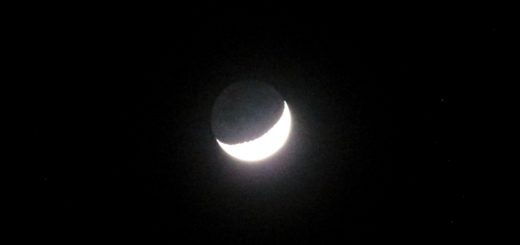The Basic Question of Liberal Democracy
This week, I taught undergraduate students in face-to-face classes again for the first time since December of 2019. Every class, regardless of subject, has suffered from the virtual reality teaching imposed on all of us this year “by Covid,” i.e., by the government-media complex. Today, preparing one class for their first in-person Q & A session after their upcoming presentations, I forced each nervous, long-isolated student to the front of the room to field a few practice questions from his or her classmates, selected by the questioners from a prepared list of general topics I had provided.
To get the ball rolling, I invited the class to ask me a few of the questions as a demonstration. One student chose this one: “If you could ask the President of the United States one question, what would you ask him?”
I answered as follows: If I could ask the U.S president, or indeed any political leader, just one question, I would ask, “How do you define the proper limits of your power, and on what grounds?”
Any politician who cannot answer this question clearly, succinctly, and in a principled, impersonal way, does not deserve my support, or the support of anyone purporting to be a believer in liberty.
If I were to add a follow-up question for the above, I would add this: What do you think the people governed by a political leader should have the authority to do to that leader if he should violate the limits you defined in answer to the first question?


